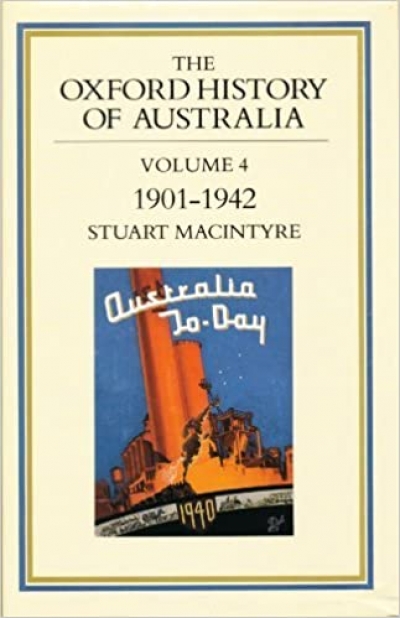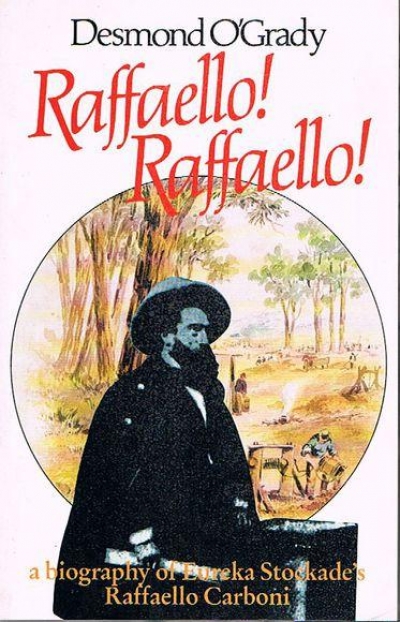The Australian colonies were much more of an ethnic mix in the middle of the last century than is nowadays imagined. In 1861 one Victorian in ten was Chinese. Germans were everywhere, not just in the Barossa: 10,000 also lived in Victoria. The folk memory of such groups was not continuous enough to preserve a sense of their collective heritage. Few material traces remain: overgrown tombstones, fading foreign surnames atop country stores, an exotic farmhouse looking quite unlike its neighbours.
The vast majority of these itinerant aliens left no mark at all. They lived in a goldfields tent, rented a room in the inner city, or built a shanty amid tall timber. Within a few years they moved on, perhaps to New Zealand or the Americas, and returned home in old age. Of Italians, for instance, probably 120,000 had come to this country by the time of the Great War, but the 1921 census counted only 8,000 of them.
...
(read more)


